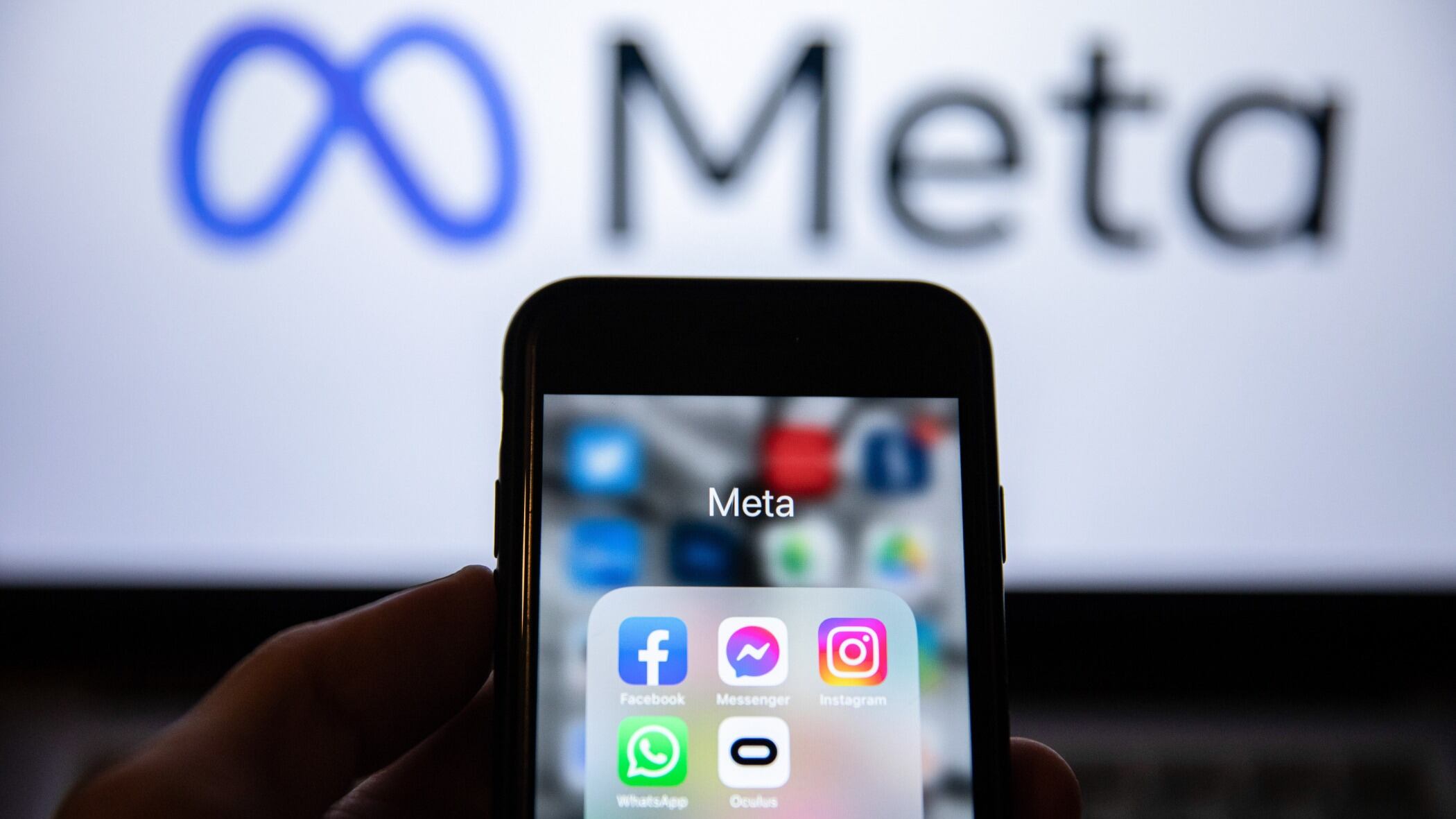*By Conor White* Twitter is getting more aggressive in its fight against hateful and abusive content. The social media platform announced it would introduce a new algorithm to suppress tweets based on observable metadata that may indicate messages coming from known trolls. "You've always had the ability to mute and block people yourself," said Kerry Flynn, a marketing reporter for Digiday. "What this does is take that signal, and show it less to your own followers. So it's really under their category of trying to have healthy conversations." Twitter's algorithm will monitor the IP address of the user, how many accounts that user may have created, and how often the account has been muted by others to determine if the content should be hidden. The offending tweets will not be removed, but Twitter hopes that it can limit its users' exposure to derogatory content, and lessen the burden on users to report abuse. "It's not completely silencing and deleting these accounts, or these tweets at all," said Flynn. "It's just showing them less to people in your network." Twitter said the new algorithm will be introduced this week. For the full interview, [click here](https://cheddar.com/videos/twitter-gets-more-aggressive-against-hate).












